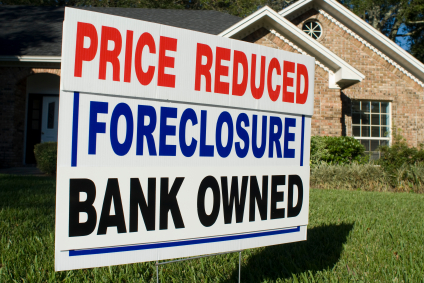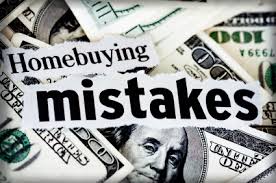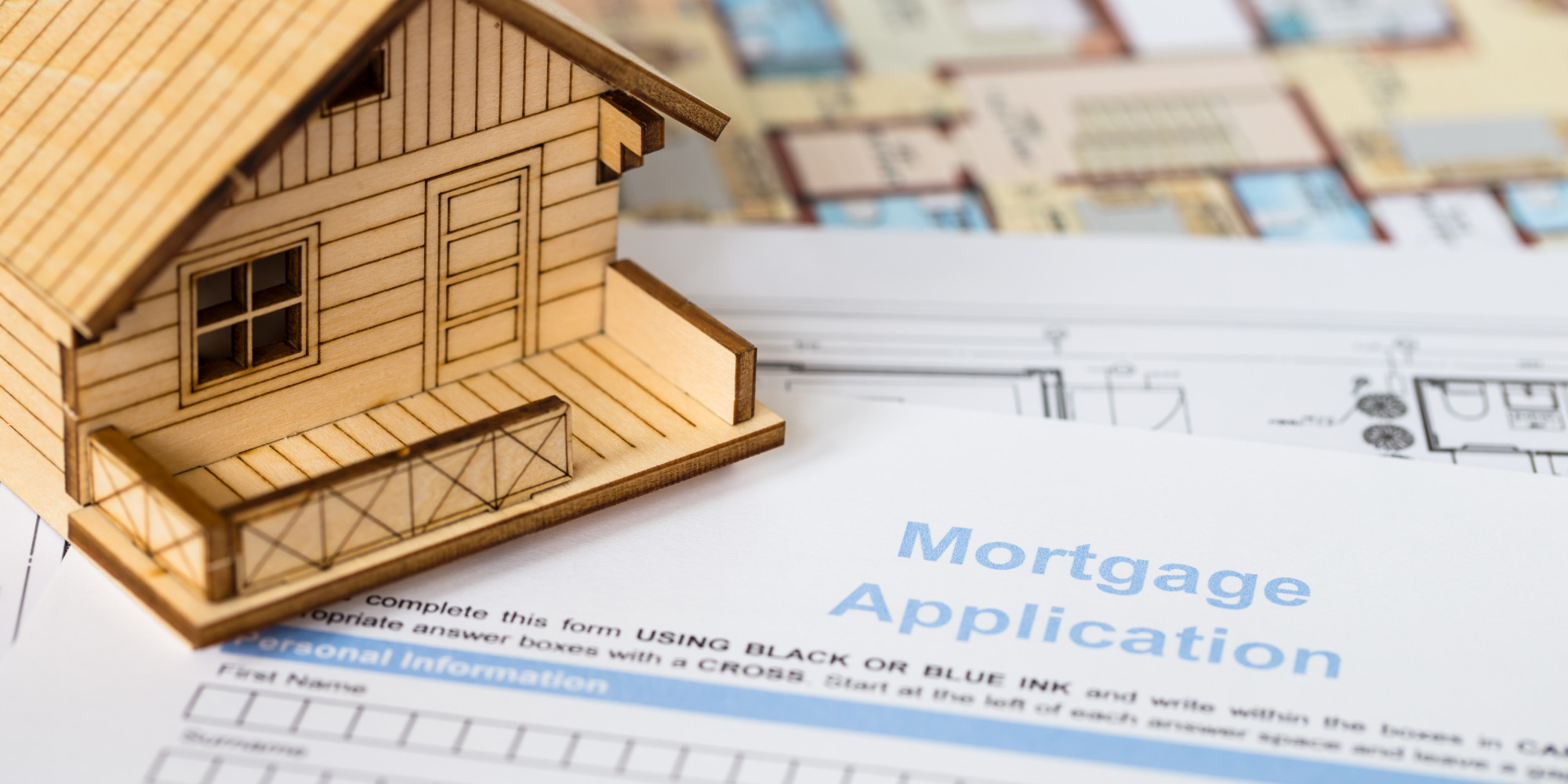The Five Stages Of Foreclosure
Before a property is foreclosed and forfeited over to the bank due to outstanding payment, it goes through five stages of foreclosure. Here are the stages outlined below.
#1. Failure To Pay On Time
The first step that can lead to the foreclosure is the nonpayment of mortgages on time. The creditor, having already secured a charge on the property, will proceed with the following steps which end in the execution of this charge if the debt is not eventually paid.
#2. An Open Warning
When the resident of the property refuses to pay the mortgage and allows it to prolong for longer than three months, the owner can take action by issuing a public notice with the help of the County Recorder’s Office. They are served a suit by the county due to refusal of paying the mortgage. In some cases the notice will be posted on the front entrance of the house, depending on the state law. Through this notice, the tenant would be made aware of the eviction process.
#3. Pre-Foreclosure
Once the notice has been issued by the owner of the property, the borrower is then given a period of 30-120 days through which than can be able to settle their debts and figure out a way to sort out their bills. If he/she is lucky enough they can be able to pay off any outstanding payment during this time and escape the foreclosure of the property, however, if the debt is not paid off they will have to face the consequences.
#4. Property Auction
After the pre-foreclosure period has passed, the lender of the property can either assign a representative or fix a day him/herself when the house would be auctioned off at a foreclosure auction.
The trustee sale as it is called, is recorded at the County Recorder’s Office, allowing the borrower to be fully aware of what’s taking place. The auction can take place at the courtyard of the county, on at premise of the property or the office of a representative. If the borrower can be able to pay the cash up front, the property will be let off and free from being foreclosed. However, if he/she does not come up with the cash, the house would be sold off to the person with the highest bid.
#5. Post-Foreclosure
If the house cannot be sold off or bought by another person at the foreclosure auction, the lender is then left to take it up as their own, making the property to become real estate owned, or in other words, a bank-owned property. It becomes listed for sale on the market and made public by a real estate agent for any potential buyers. The property would be most likely to be sold to a buyer within two days.





